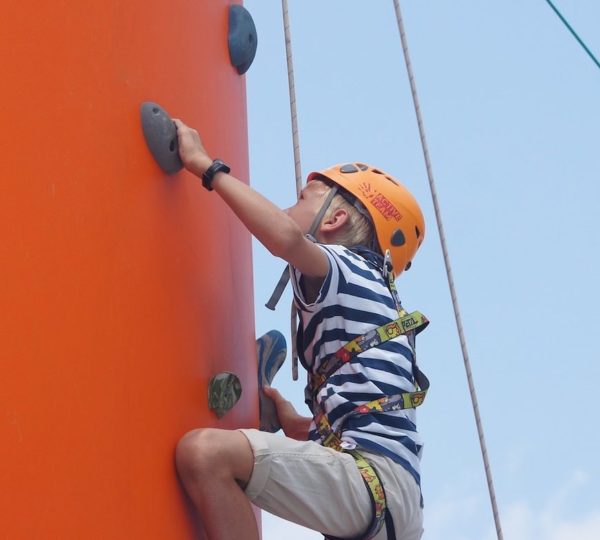World Mental Health Day: Boosting Resilience in the Early Years
World Mental Health day is coming up on Sunday 10th October 2021. World Mental Health Day is focused on promoting mental health education and understanding that mental health is just as important as physical health. A child’s mental health is related to their psychological, emotional and social wellbeing. This will affect how children think, feel and act and we can help them to recognise positive and negative impacts on their own mental health. We have developed useful tips to help you support your children’s mental health and well-being.
“Anything that’s human is mentionable, and anything that is mentionable can be more manageable. When we can talk about our feelings, they become less overwhelming, less upsetting, and less scary.”
Fred Rodgers
World Mental Health Day is the perfect opportunity to encourage children to talk about their feelings. Being able to support themselves during difficult times is a lifelong skill and can help them to build resilience. Resilience is more than just being “tough”, it is more to do with fostering the social and emotional strength that is necessary to be self-aware and emotionally literate — skills that are hard to define and target, especially in younger children. Resilience can help protect children from various mental health conditions and can also help offset other factors that increase the risk of mental health conditions, such as being bullied or experiencing previous trauma. Even with existing mental health conditions, being resilient can improve children’s coping ability.
As children mature, they are faced with both academic and social challenges and their mental health can suffer if they can not cope with these situations. As parents and teachers, our natural response is to shield our children from stress, but instead we need to give them the tools to positively deal with stressful situations.
World Mental Health Day: Top Tips of How to Nurture Resilience in the Early Years
Foster a Supportive Relationship
The most important factor in a child’s level of resilience is having at least one stable and supportive relationship with an adult. This external support leads kids through adversity because these relationships allow children to develop coping skills.
The presence of a responsive adult and social support is associated with more positive emotions, a sense of control over situations and higher self-esteem, and motivation to keep trying – all important qualities in building resilience. By reminding them about family members and friends who are proud of them continues to build their self-esteem and their connection with the people who love them.
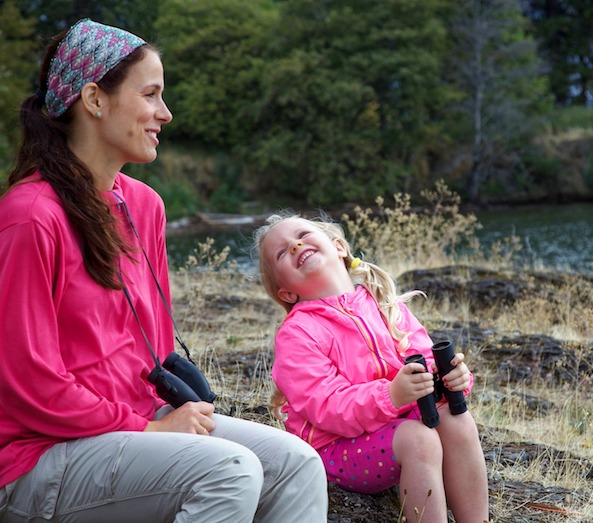
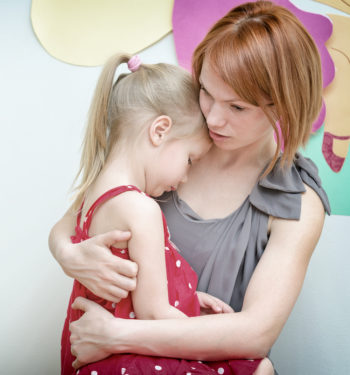
Provide Problem Solving Tools
Teach children ways of talking to themselves about tricky situations. Start by giving them the language to solve their own problems. Encourage children to ask themselves:
“What would [someone they admire] do in this situation?”
”What did I do last time I was in a situation like this?”
“What is the first step I can take in solving this problem?”
Look for opportunities to problem solve collaboratively so that you can model this style of “self-talk”. The more your child sees you doing this, the easier it will be for them to apply it to their own difficult situations.
Encourage a Growth Mindset
A growth mindset means believing that our most basic abilities can be developed through dedication and hard work. Encourage them to try new things. When your child says “I can’t do this”, then you need to rephrase to: “Yet. I can’t do this yet.” The concept of “YET” means that your child realises that they are in control of the situation and its outcome. It rewards the effort and not the result and the bar for achievement is set against themselves, not others. Try and create an environment where struggle and risk-taking and doing things outside their comfort zone is valued more than getting the right answer or being the best at something.
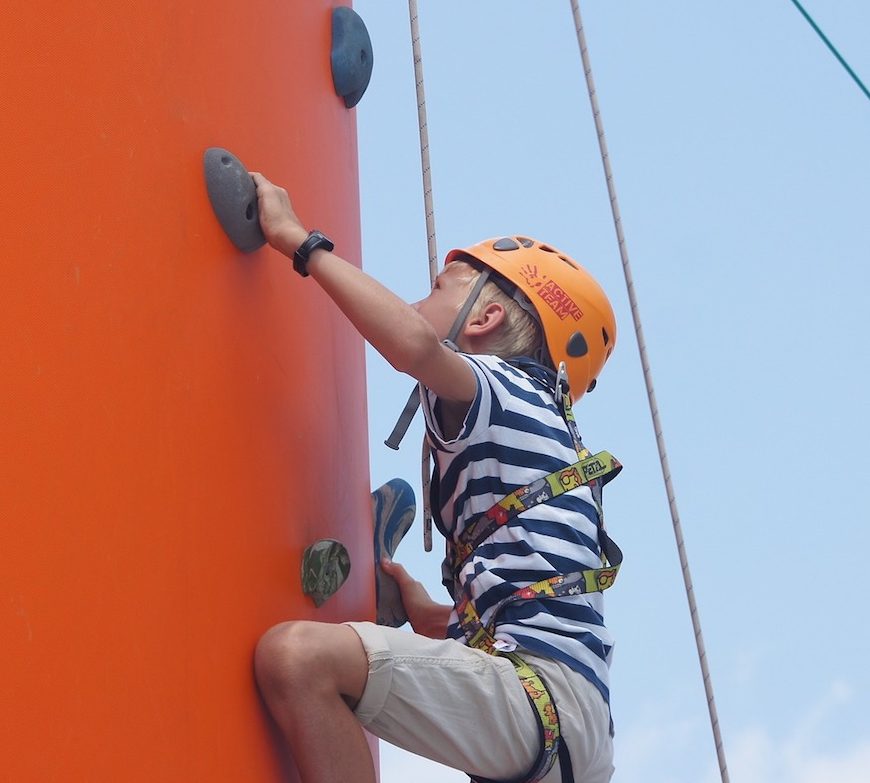
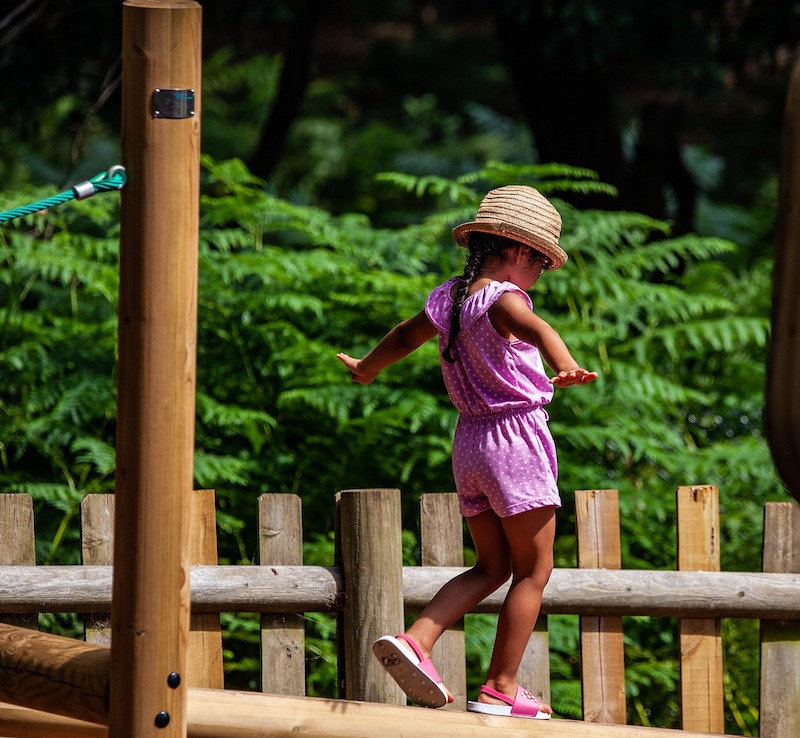
Allow Appropriate Levels of Independence
Kids can’t experiment with resilience if they don’t have the chance to do things that are difficult, things that they might not succeed with at first. The playground is a great place to allow more independence – by struggling to get through the monkey bars or to climb up ropes to a high slide, children are challenged to push themselves past their comfort zone.
It’s important to give kids enough support so they have the confidence to face challenges, but not so much help that they can’t learn from their own mistakes. Remove your support gradually and allow them the chance to see their own capabilities. If they fall, encourage them to get up and try again.
Nurture and Encourage Optimism
Children are not necessarily born being optimists or pessimists, although many will have a tendency to sway one way or the other. The brain can be rewired to be more optimistic so if your child tends to look at the glass as being half empty, show them a different view. Most importantly, you don’t want to invalidate their feelings, but rather show them a different perspective on the situation. Acknowledge their view but then introduce them to a different one. The idea is to focus on what is left, rather than what has been lost. So, if fun plans have to be cancelled, instead of focusing on what won’t happen, try to reframe the situation and focus on other fun things that can happen instead.

“When adults support and encourage young children as they take risks, face obstacles, and grow from failure, young people learn how to bounce back from life’s ups and downs.”
Marilyn Price-Mitchell, PhD (Quotes About Resilience That Foster Children’s Determination and Self-Confidence)
World Mental Health Day is a time to recognise the importance of mental health in children’s development. Boosting resilience in children is not an easy fix or a short-term project. It takes time, effort and consistency in our own behaviours in order to foster the skills and abilities necessary for children to be resilient. This is ongoing, evolving process which matures and changes as our children grow. As parents, the most we can do is to give our children the skills to manage the challenges they will face in life.
References:
Cahill, H, and Beadle, S, et al. “Building resilience in children and young people: A Literature Review for the Department of Education and Early Childhood Development (DEECD)”. 2014



